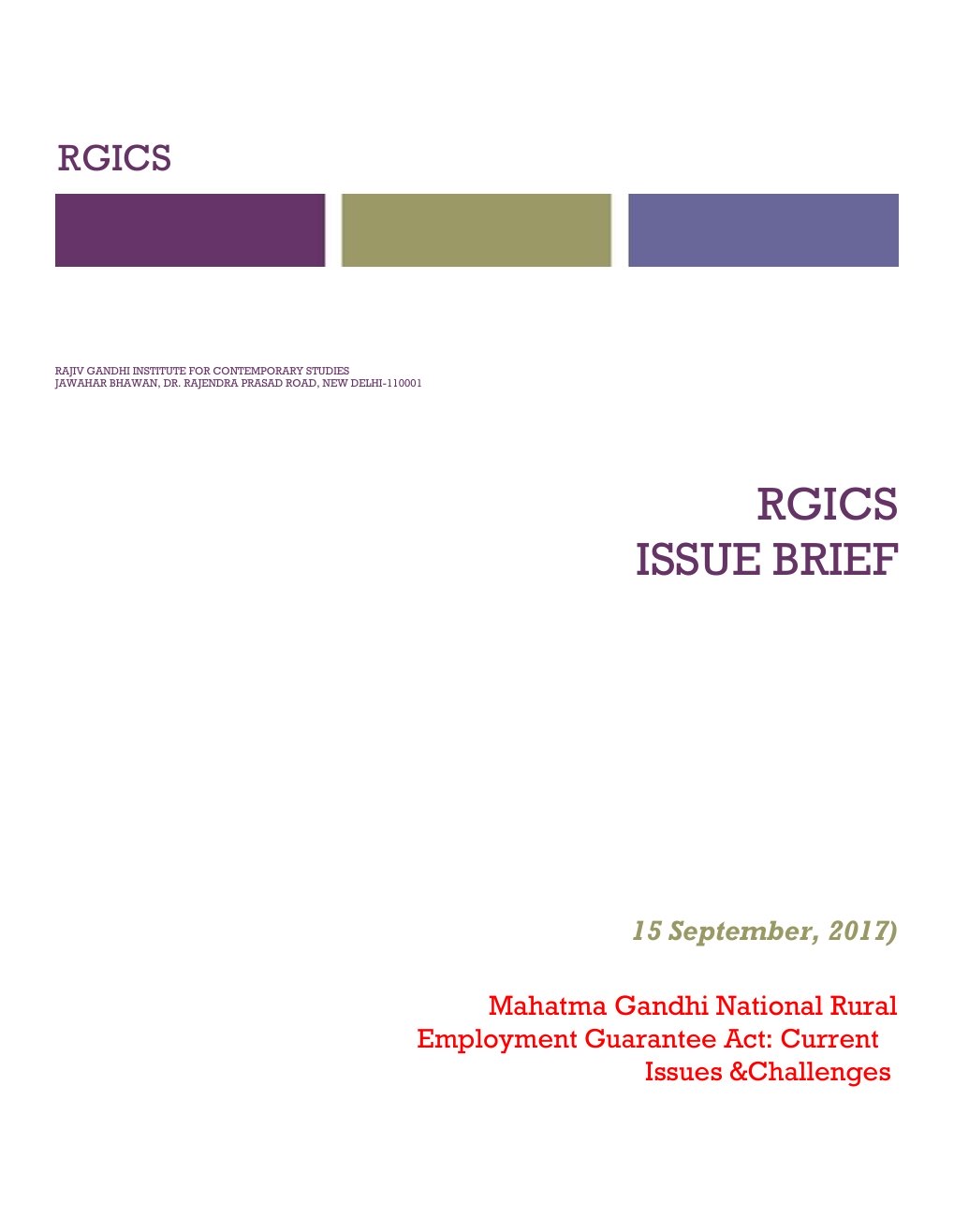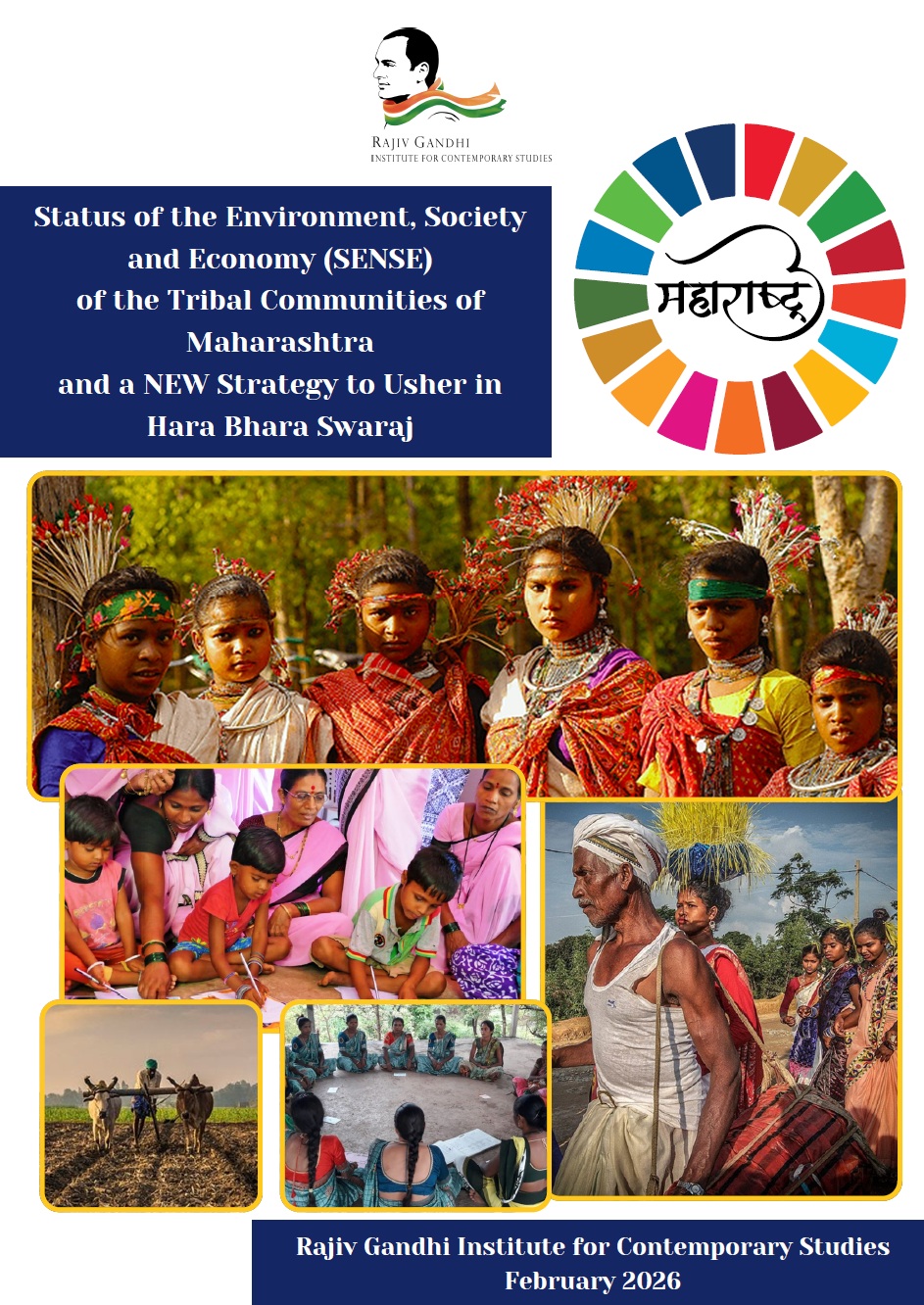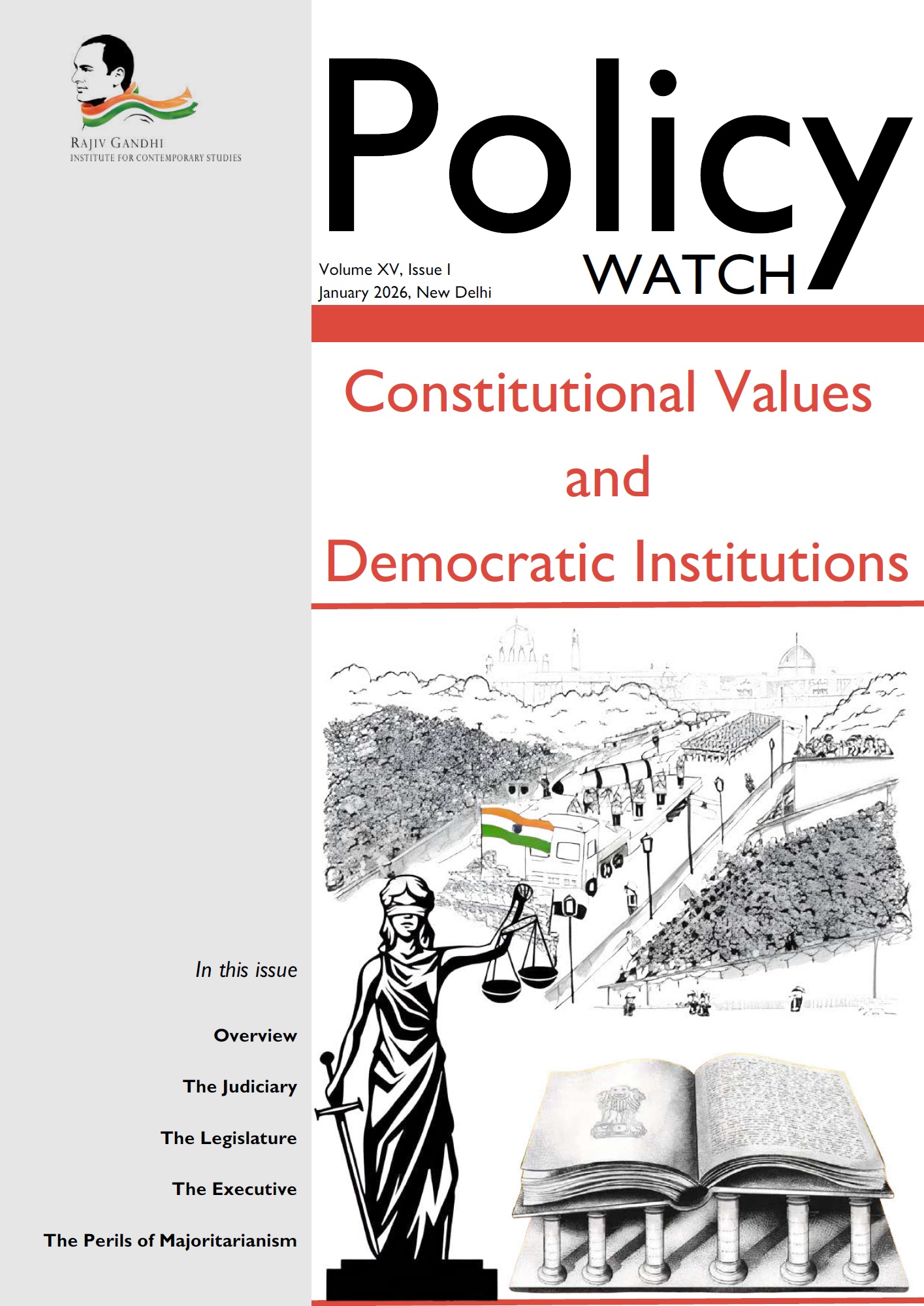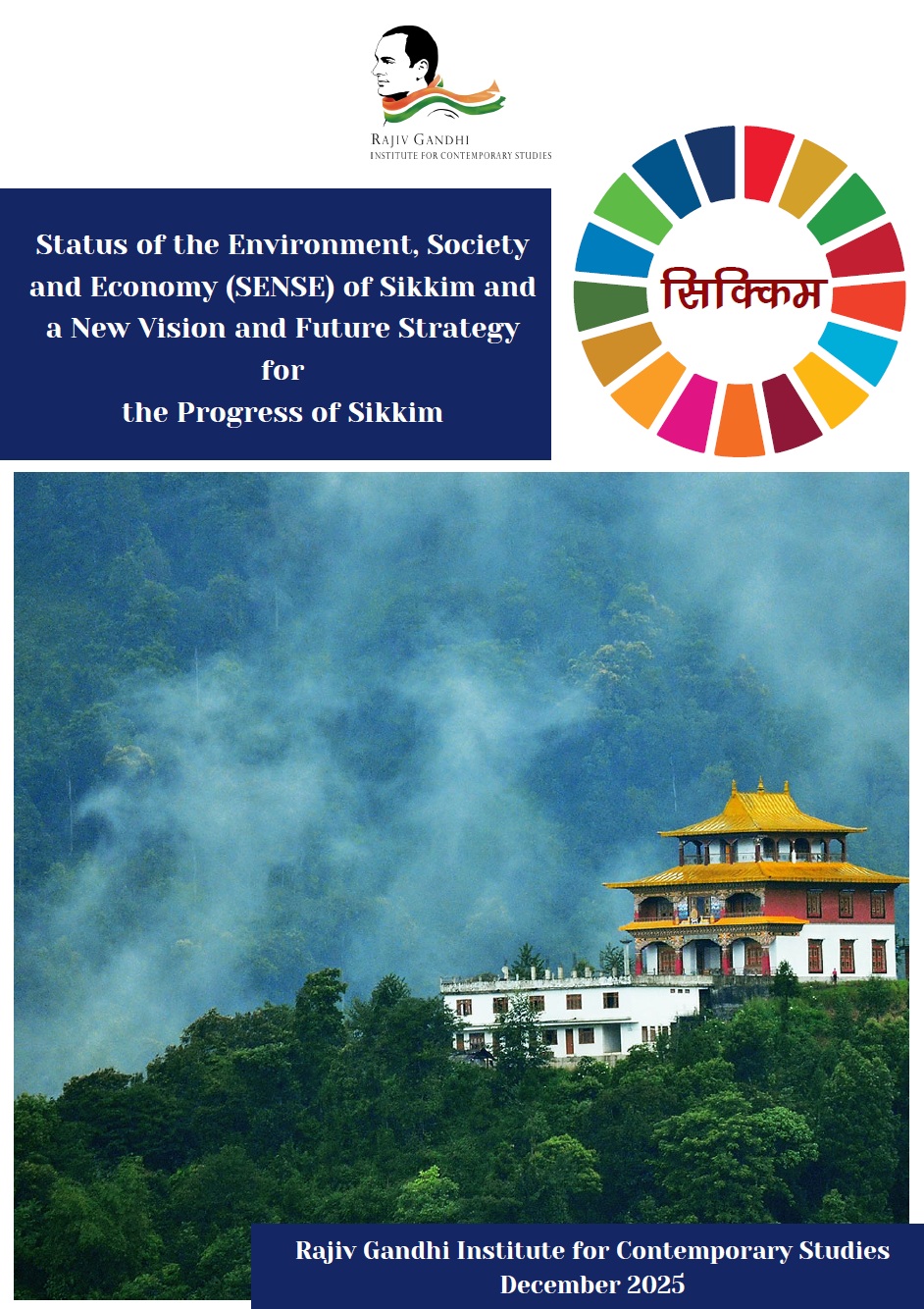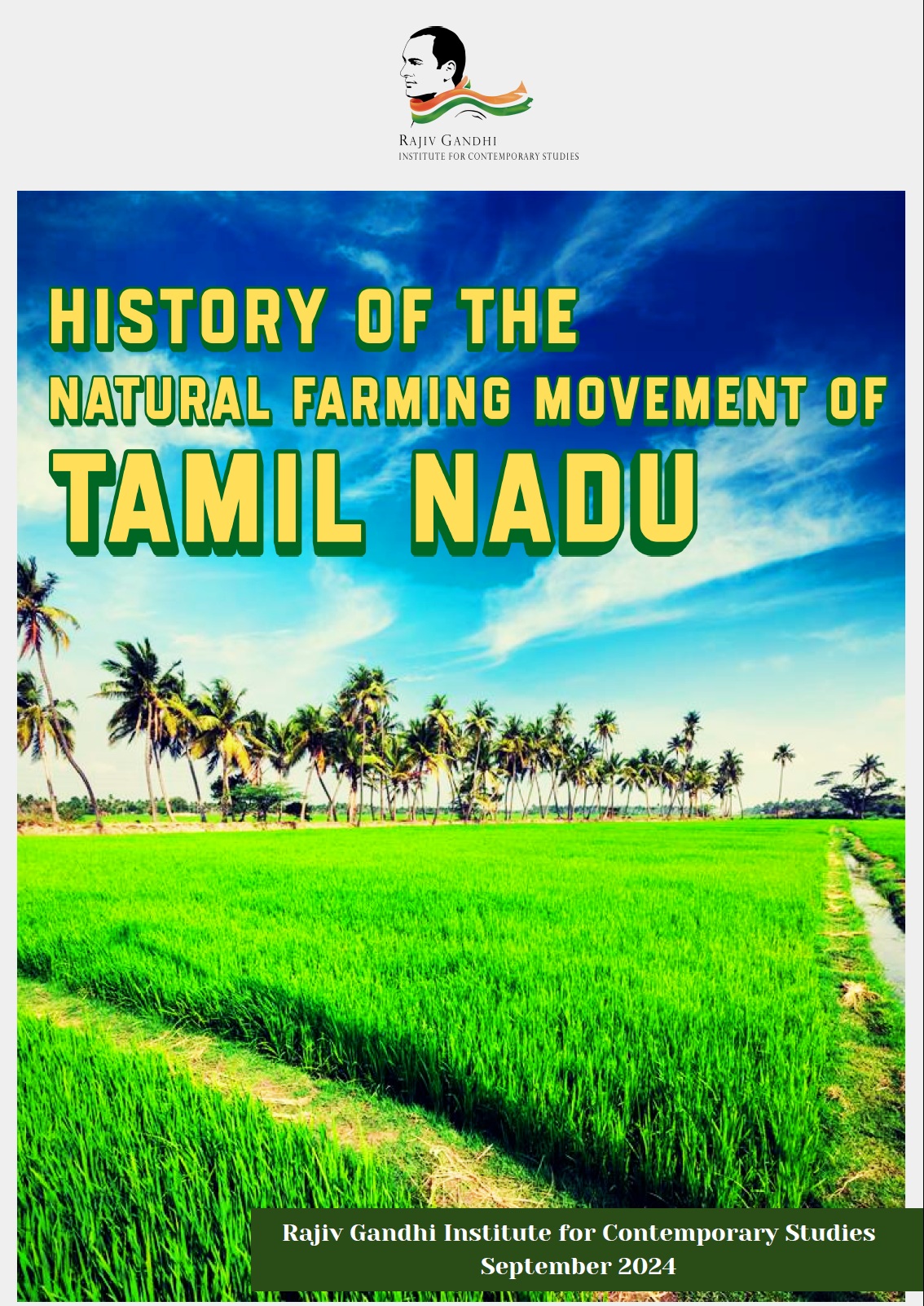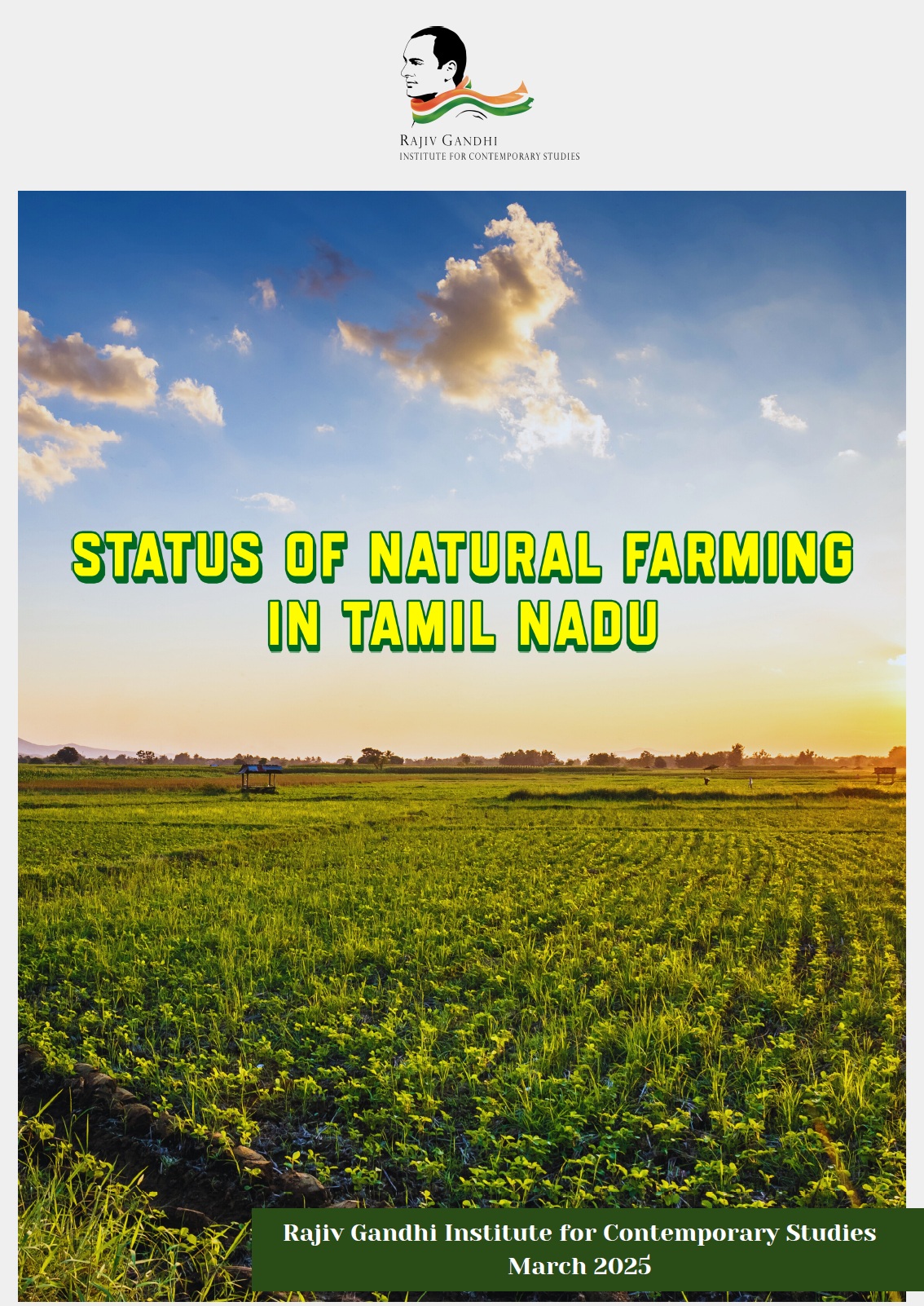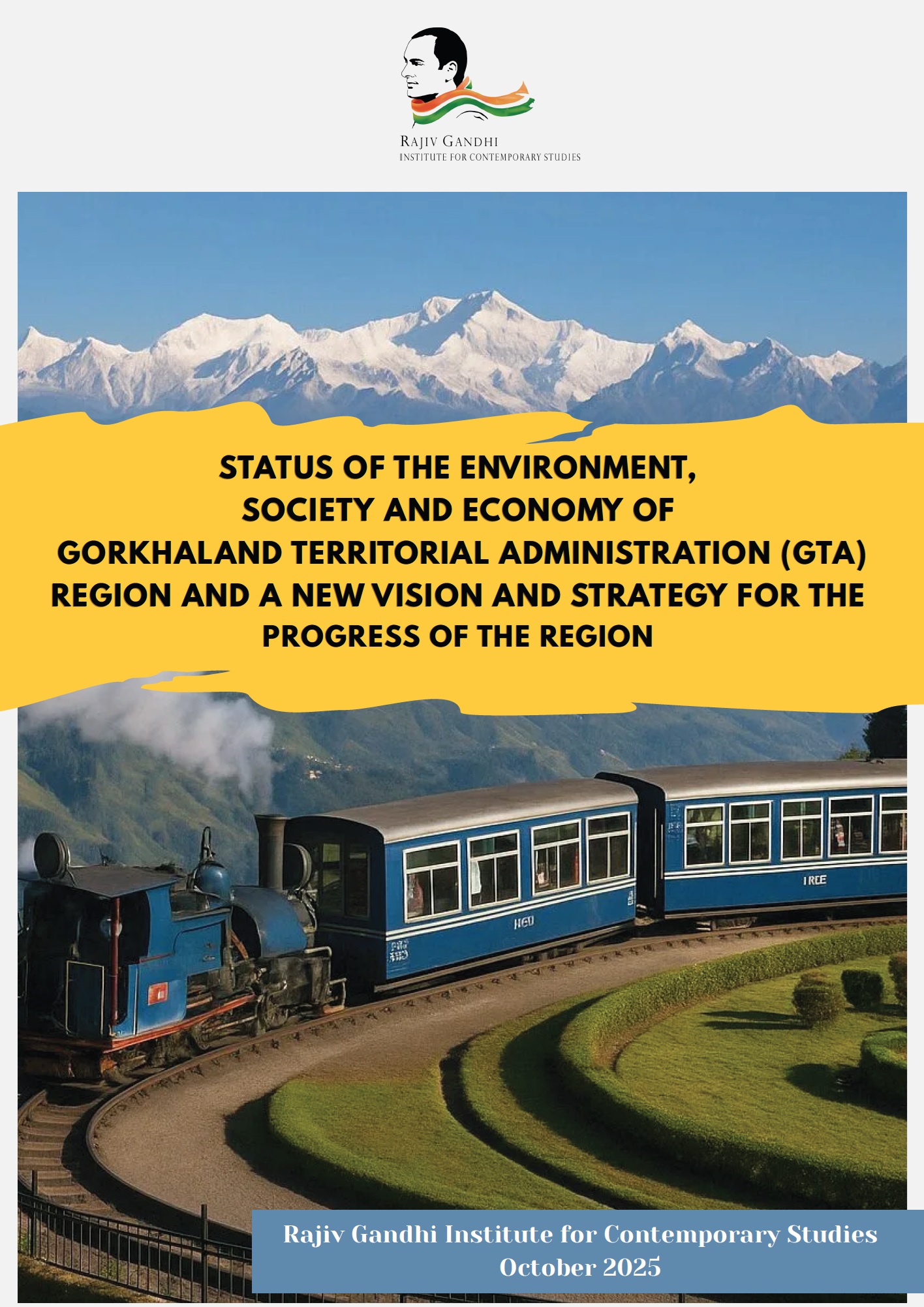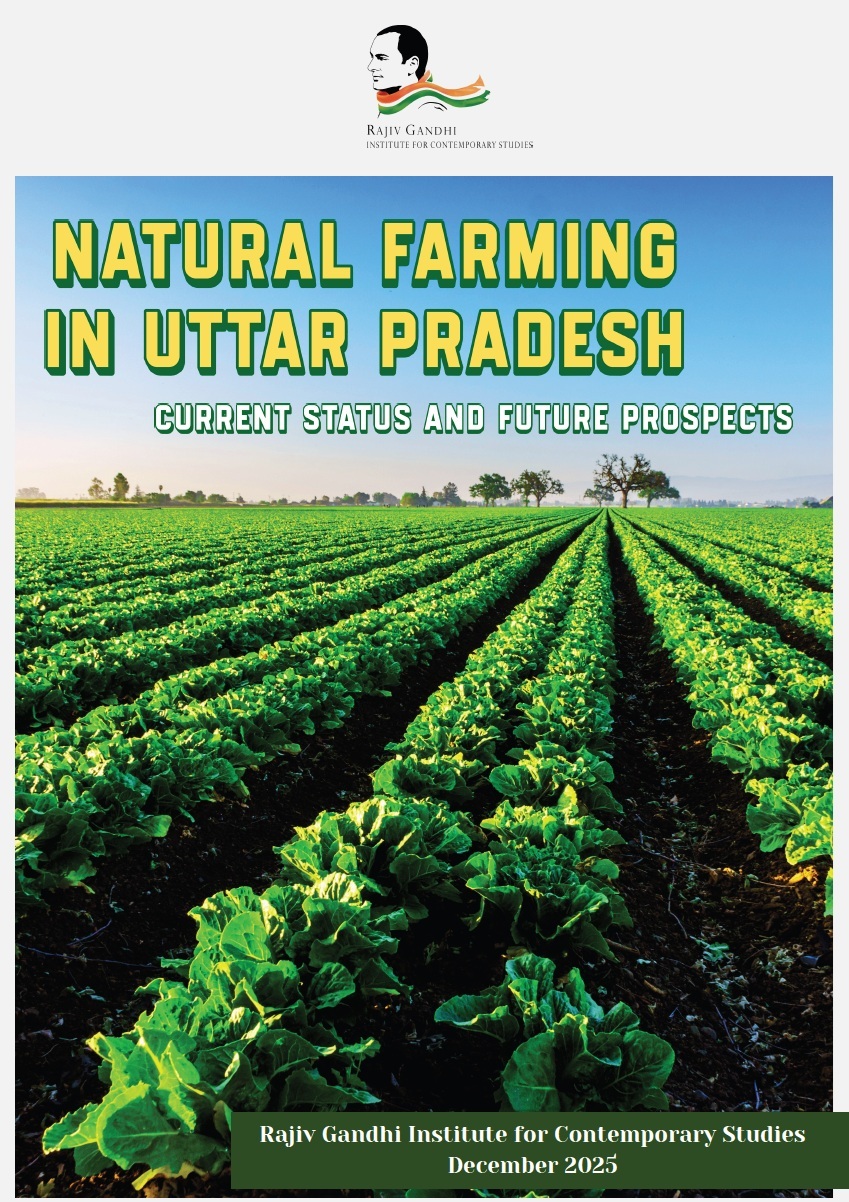The document highlights key issues facing the Mahatma Gandhi National Rural Employment Guarantee Act (MGNREGA). A major finding is that payment delays are widespread, with the government often not calculating compensation for the time between the generation of the Fund Transfer Order (FTO) and the actual crediting of wages to workers’ accounts. An estimated 57% of compensation due for payment delays remains uncalculated. There is also evidence of bias against non-BJP-ruled states, where wage delays tend to be longer than in BJP-ruled states. Furthermore, Aadhaar-based payment systems have created additional barriers for vulnerable workers rather than reducing corruption.
MGNREGA, designed to provide 100 days of guaranteed wage employment per year to rural households, faces implementation challenges due to flaws in the payment system, lack of proper auditing, and insufficient funds from the Centre. The policy changes under the NDA government include increased fund allocations and using Aadhaar for direct benefit transfers. However, these changes have not resolved critical issues of wage delays and poor accountability.
The report calls for empowering local institutions like Gram Panchayats to take more responsibility in implementing MGNREGA, establishing a minimum wage for all workers, and ensuring systematic monitoring through regular social audits. The authors argue that fixing these issues is essential to protect rural livelihoods, especially for those severely affected by the economic slowdown and demonetization.
Keywords: MGNREGA, Payment Delays, Aadhaar, Employment Guarantee, Rural Livelihood, Compensation, Gram Panchayat, Direct Benefit Transfer, Social Audit, UPA Government
Mahatma Gandhi National Rural Employment Guarantee Act: Current Issues & Challenges
Send download link to:

